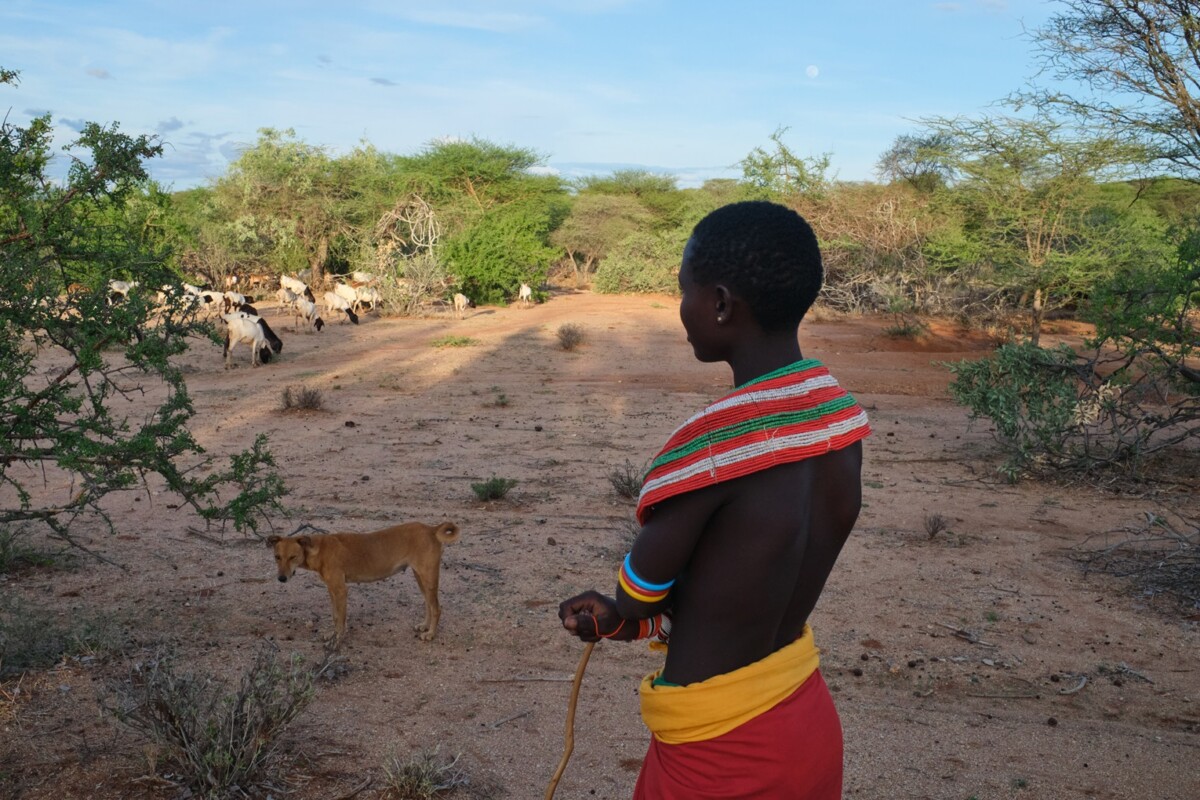The Economic Impact of the Wild Meat Trade in West Africa
The wild meat trade in West Africa has long been a complex and controversial issue. While it plays a significant role in the region’s economy, providing livelihoods for many involved in hunting, processing, and selling wild animals, the trade also raises concerns about the sustainability of natural resources and the potential spread of zoonotic diseases.
The Socioeconomic Dynamics and Environmental Consequences
One critical consideration is the intricate socioeconomic dynamics involved in the wild meat trade. This activity often serves as a crucial source of income for local communities in West Africa, where access to other economic opportunities may be limited. However, the intensive hunting of wildlife for commercial purposes can result in the depletion of species, disrupting ecosystems and endangering biodiversity.
Balancing Conservation Efforts and Economic Needs
As awareness of the environmental impact of the wild meat trade grows, there is a pressing need to strike a balance between conservation efforts and meeting the economic needs of the communities dependent on this trade. Sustainable wildlife management practices, community-based conservation initiatives, and alternative livelihood options can help alleviate pressure on wildlife populations and support the long-term well-being of both people and ecosystems.
Embracing Sustainable Practices for Future Prosperity
Looking ahead, the future of the wild meat trade in West Africa hinges on embracing sustainable practices that ensure economic prosperity without compromising the region’s rich biodiversity. Collaboration between policymakers, conservation organizations, local communities, and the private sector is essential in navigating the complexities of this trade and fostering a more sustainable and equitable future for all stakeholders involved.
Conservation Challenges Facing Oil-Rich West African Islands
West African islands, although abundant in natural resources like oil, face significant conservation challenges that threaten their unique ecosystems and biodiversity. The juxtaposition of oil wealth and environmental preservation presents a delicate balancing act that requires immediate attention and sustainable solutions.
Oil exploration and extraction activities on these islands often lead to habitat destruction, pollution of land and water, and disturbance to wildlife populations. The delicate ecosystems, some of which are endemic to these islands, are put at risk due to oil spills, deforestation, and human encroachment into natural areas.
Furthermore, the revenue generated from oil production can create economic dependencies that may overshadow the importance of conservation efforts. The lure of quick profits sometimes overlooks the long-term consequences of environmental damage, posing a grave threat to the fragile ecosystems of the West African islands.
Effective conservation strategies must be implemented to mitigate these challenges. This includes stringent regulations on oil companies, the establishment of protected areas, and community involvement in sustainable practices. By fostering a harmonious relationship between oil exploration and conservation efforts, these islands can preserve their natural heritage for future generations while benefiting from their resource wealth.
Decades of Change: A Historical View of West Africa’s Wildlife Trade
Exploring the Evolution of Wildlife Trade
Delve into the fascinating journey of West Africa’s wildlife trade through the decades, witnessing the shifts in trading practices, regulations, and conservation efforts.
The Impact on Biodiversity
Discover how the historical trends in wildlife trade have influenced the biodiversity of West Africa, shedding light on the delicate balance between human activities and the region’s natural ecosystems.
Challenges and Solutions
Uncover the challenges faced by stakeholders over the years and explore innovative solutions that have emerged to address issues such as poaching, habitat destruction, and illegal trafficking of wildlife.
Looking to the Future
Gain insights into the future of West Africa’s wildlife trade, considering sustainability practices, community involvement, and the role of technology in shaping a more responsible and ethical trade environment.
Sustainable Practices: Balancing Oil Wealth and Environmental Preservation
Breaking Down the Headlines
In the complex intersection of oil wealth and environmental preservation, recent headlines have highlighted the delicate balance that countries and businesses must strike between economic prosperity and ecological sustainability. Issues such as oil drilling in sensitive ecosystems, carbon emissions, and climate change mitigation efforts are at the forefront, sparking debates on the trade-offs involved.
The Bigger Picture
Historically, the pursuit of oil wealth has often come at the expense of environmental degradation. However, in the current global climate crisis, there is a growing recognition of the need to implement sustainable practices that ensure long-term economic viability without irreversibly harming the planet. Striking a balance between maximizing oil resources and preserving ecosystems is becoming crucial for socioeconomic development.
What This Means Going Forward
Moving forward, the key challenge lies in reshaping policies and practices to align with sustainability goals. Countries heavily reliant on oil revenues must diversify their economies, invest in renewable energy technologies, and implement stringent environmental regulations to mitigate the negative impacts of oil extraction. Companies operating in the oil sector should prioritize innovation and green initiatives to reduce their carbon footprint and enhance their reputation in an increasingly eco-conscious market.
